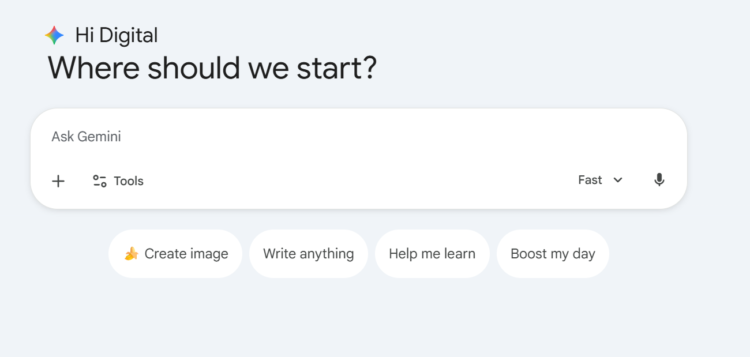
Digimagaz.com — Meta has confirmed plans to begin using content shared by adult users in the European Union to train its artificial intelligence models, a move that is already generating debate over data privacy, informed consent, and ethical boundaries in AI development.
The announcement comes just weeks after Meta launched its suite of AI features across Europe, including its Meta AI assistant embedded in platforms like Facebook, Instagram, WhatsApp, and Messenger.
In an official statement, Meta said, “We’re announcing our plans to train AI at Meta using public content – like public posts and comments – shared by adults on our products in the EU.” The company also clarified that user interactions with Meta AI, such as submitted queries and questions, will be incorporated into model training.
Notifications and Objections
Starting this week, users across Meta’s European platforms will receive notifications explaining how their public data may be used, along with a link to an objection form. These alerts will appear both in-app and via email.
Meta emphasized that the objection process is “easy to find, read, and use,” and added that it will honor all previously submitted objections alongside new ones.
Crucially, the company stressed that private messages—such as those exchanged with friends and family—will not be used for AI training. Likewise, public data from users under the age of 18 in the EU is excluded.
Building AI for Europe
Meta is framing the initiative as a way to build AI tools tailored specifically for European users.
“We believe we have a responsibility to build AI that’s not just available to Europeans, but is actually built for them,” the company said, noting the importance of local dialects, cultural nuances, and region-specific humor.
This effort also comes amid a larger push toward multi-modal AI systems capable of processing not just text, but also voice, video, and imagery.
Meta further defended its position by pointing to industry norms: “The kind of AI training we’re doing is not unique to Meta,” the company said, citing Google and OpenAI as other examples of firms using European user data for model training.
Transparency and Regulation
Meta claims its approach is more transparent than others in the industry. The company noted that it paused its AI training efforts last year while awaiting legal clarification and cited a favorable opinion from the European Data Protection Board (EDPB) in December 2024.
“We welcome the opinion provided by the EDPB… which affirmed that our original approach met our legal obligations,” Meta stated.
Privacy Advocates Sound the Alarm
Despite Meta’s assurances, privacy advocates remain wary. Critics argue that the practice of harvesting publicly shared data—often intended for limited community visibility—raises fundamental questions of consent and data ownership.
“The idea of ‘public’ doesn’t mean carte blanche,” said a digital rights lawyer based in Berlin. “People share content publicly in the context of social media—not as training fodder for corporate AI models.”
Concerns also extend to the opt-out mechanism. Experts worry that many users won’t see or understand the notification in time, leaving their data included by default.
Risks of Bias and Copyright Issues
Beyond privacy, AI ethicists are warning about the risk of bias. Social media platforms often amplify societal prejudices, and there is concern that these biases could become embedded in AI systems.
“Even with filtering, large language models are only as good—or as flawed—as the data they’re trained on,” said an AI researcher at the University of Amsterdam. “Without rigorous curation, there’s a risk of perpetuating harmful stereotypes.”
There are also unresolved legal questions about copyright. Public posts often contain original creations—texts, images, and videos. Using this content to train AI that may later produce similar or derivative work touches on intellectual property rights and potential compensation for content creators.
What Comes Next?
As Meta advances its AI strategy in the EU, scrutiny from regulators, watchdogs, and the public is expected to intensify. The initiative highlights the enormous value of user-generated content in training AI models—and the ethical dilemmas that arise as this value is increasingly monetized.
Meta’s new approach signals a turning point in Europe’s digital landscape, where the tension between innovation and individual rights will continue to shape the future of AI development.





